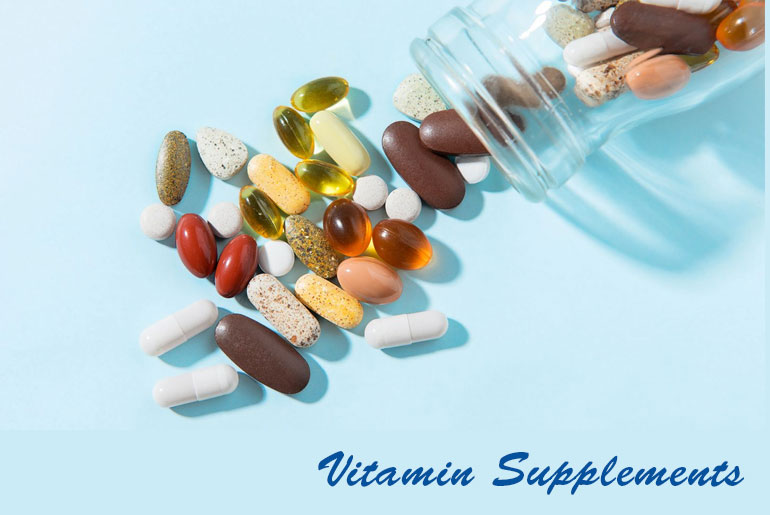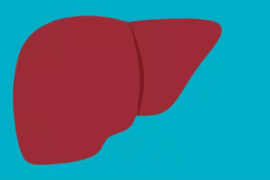Vitamin supplements offer various advantages in addressing modern dietary challenges. Factors like over-farming and soil depletion have led to nutrient-deficient foods, necessitating external supplementation to maintain a balanced nutrient intake. These supplements provide essential antioxidants, aiding in detoxification and reducing toxins in the body. They can help rectify nutrient imbalances resulting from dietary changes and cater to increased nutritional needs during illness, high-stress levels, and regular exercise. Vitamin supplements serve as a valuable tool to support overall health and well-being in today’s changing environmental and lifestyle conditions.
Here’s a more detailed explanation of each benefit:
1. Compensating for Soil Depletion:
Modern farming practices, such as over-farming and soil depletion, can lead to a reduction in the nutrient content of the food we consume. As a result, some people may not get an adequate amount of essential vitamins and minerals from their diet alone. Vitamin supplements can help fill this nutritional gap and ensure that the body receives the necessary nutrients.
2. Detoxification and Antioxidant Support:
Antioxidants are important for neutralizing harmful free radicals and detoxifying the body. These molecules can help protect cells and tissues from damage. Vitamin supplements, particularly those containing antioxidants like vitamins C and E, can aid in detoxification and reduce the buildup of toxins in the body.
3. Balancing Nutrient Intake:
Dietary changes, individual food preferences, or restrictions can lead to imbalances in nutrient intake. For example, vegetarians or vegans might struggle to obtain adequate levels of vitamin B12 from their diet. Supplements can help correct these imbalances and ensure that the body receives a balanced spectrum of vitamins and minerals.
4. Support During Illness:
When a person is sick, their body often requires additional vitamins and minerals to support the immune system and promote healing. In such cases, vitamin supplements can provide the necessary nutrients to help the body recover and fight off illness more effectively.
5. Higher Nutrient Needs Due to Stress and Exercise:
Stress and regular exercise can increase the body’s demand for certain nutrients. For example, individuals who engage in strenuous physical activities may require more vitamins like B-complex vitamins and minerals like magnesium. Vitamin supplements can help meet these increased nutritional needs, especially in high-stress or physically demanding situations.
While vitamin supplements can be beneficial in these situations, it’s important to use them judiciously and under the guidance of a healthcare professional. Overconsumption of certain vitamins and minerals can lead to adverse effects, so it’s essential to strike a balance between dietary intake and supplementation to ensure optimal health and well-being. Moreover, the specific supplement needs can vary from person to person, so it’s advisable to consult with a healthcare provider or a registered dietitian to determine the right supplements and dosages for individual needs.
Disclaimer:
The information contained in this article is for educational and informational purposes only and is not intended as a health advice. We would ask you to consult a qualified professional or medical expert to gain additional knowledge before you choose to consume any product or perform any exercise.








